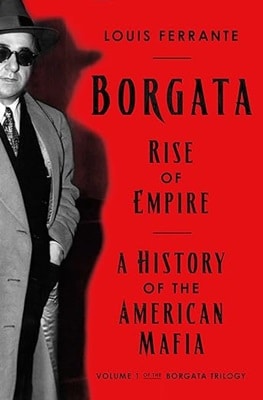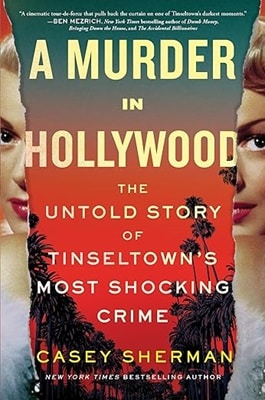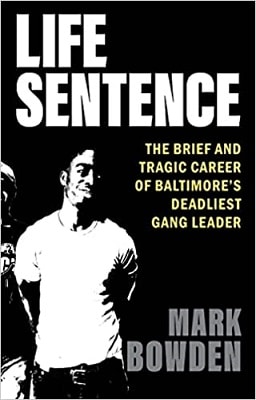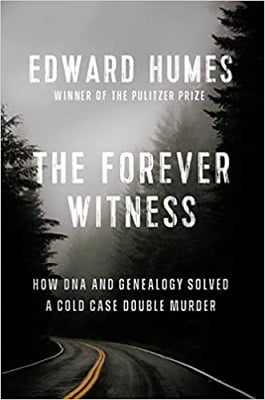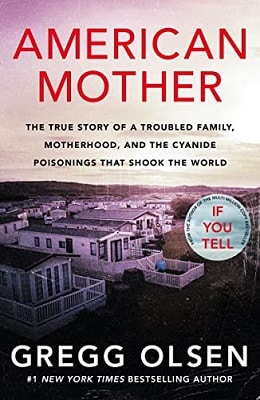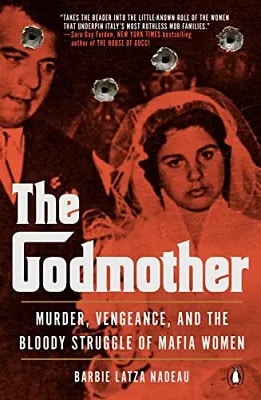Book Review
Borgata: Rise of Empire
reviewed by Warner Holme
Louis Ferrante’s Borgata Rise of Empire: A History of the American Mafia promises to be the first installment in “The Borgata Trilogy,” offering an insider’s perspective on one of the most enduring subjects in true crime.
The book opens with a disclaimer, acknowledging its focus on the negative actions of individuals of Italian descent. This focus, it explains, is necessitated by the nature of the subject matter. The narrative then proceeds from a single incident involving smuggled cars to a comprehensive historical examination, tracing back several centuries to understand the conditions that led to Sicily’s notorious reputation. This historical context delves into the origins of the Mafia, providing a level of insight that is both unexpected and enlightening.
Ferrante skillfully combines his deep knowledge of history with personal experience in organized crime, offering educated guesses on various historical uncertainties. Despite the heavy reliance on historical context, Ferrante seamlessly incorporates surprising elements into the narrative. For instance, on page 175, the story of Madame Queenie—a woman of color who established a small but significant gambling operation in competition with Dutch Schultz—is engagingly told.
However, some choices, such as the title of Chapter 2, “Blood and Soil,” carry unfortunate implications in certain contexts. Likewise, the playful reference on page 188 to the “thermal exhaust part on their Death Star, spotted by Jedi Eunice Carter” strikes a delightful note but occasionally feels out of step with the book’s overall tone. While some sections adopt a more direct approach to the subject matter, these creative diversions stand out.
The narrative concludes in the 1960s, and as the first book of a trilogy, it does not leave the reader feeling dissatisfied or incomplete, merely anticipating further exploration. Although the speculative nature of some content may not appeal to all readers, the extensive bibliography at the volume’s end is likely to assuage most concerns. Nonetheless, writers and researchers may find themselves weighing Ferrante’s conclusions against those of other historians, while readers with a general interest in Mafia history are likely to have fewer reservations.
Professionals and academics focused on the history of the Mafia, as well as true crime enthusiasts interested in organized crime, will find Borgata Rise of Empire highly rewarding. The book presents a wealth of intriguing information through the unique lens of someone who has experienced the world of organized crime firsthand.
More True Crime
advertisement
True Crime Features
Southern Unsolved Mysteries
Three of the South’s Most Terrifying Unsolved Mysteries
Iconic Characters of True Crime
True crime characters that stand out more starkly than the rest
Real Life Monsters
The Appeal of True Crime: When Real Life Becomes a Monster Story

